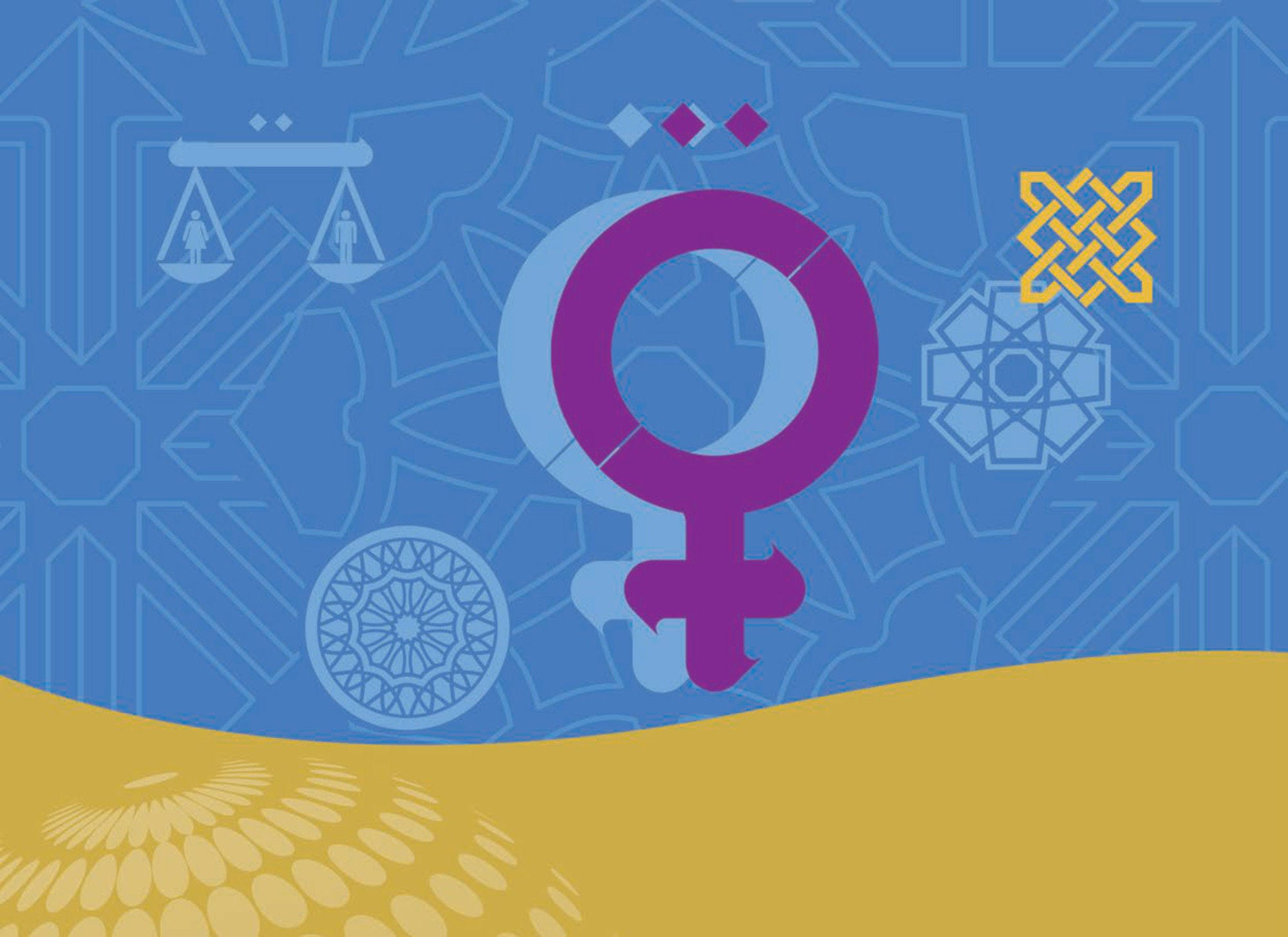For years, the MENA-OECD Competitiveness Programme and the ILO’s Decent Work Agenda have built the evidence base for enhancing women’s economic empowerment and developed specific tools to move this agenda forward.
In 2017, the MENA-OECD Women’s Economic Empowerment Forum (WEEF) released a report, Women's Economic Empowerment in Selected MENA Countries: The Impact of Legal Frameworks in Algeria, Egypt, Jordan, Libya, Morocco and Tunisia. The study mapped the countries’ adherence to key international agreements, national constitutional reforms, gendered provisions in labour and family laws, and women’s access to justice. Noting the considerable role that legal frameworks play in constraining women’s economic empowerment in the six countries, the report identified the main bottlenecks and delivered actionable policy recommendations for governments.
Since the release of the 2017 report, momentum for women’s status and access to economic opportunity has continued to build, and new initiatives and frameworks have emerged. Important legal reforms and complementary policy actions have been adopted and/or are underway in many MENA economies, enhancing the status of women and their economic empowerment in particular. However, despite countries’ continued progress, women’s full economic empowerment remains a challenge. To unlock further progress, gender equality champions in Egypt, Jordan, Morocco and Tunisia asked the OECD to develop a follow-up action-oriented report to analyse recent evolutions in the region and to document innovative good practices that could inspire policy reforms in the four countries and the wider region.
This report is the result, and aims to provide development practitioners and decision makers with an analysis of recent legal reforms, implementation efforts and enforcement mechanisms that have helped advance women’s economic empowerment in Egypt, Morocco, Jordan and Tunisia. Moreover, it delivers actionable examples and practical tools for policy makers to help them transform policies into effective measures for women’s economic empowerment. Experience over recent years has shown that reforms to legal frameworks and polices are yielding results for women in the countries, albeit slowly.
This publication is the outcome of a highly participatory and multi-stakeholder process involving the OECD, Centre of Arab Women for Training and Research (CAWTAR) and International Labour Organisation (ILO) from 2017 to 2019. It also includes valuable perspectives and input from hundreds of experts – government, business, academia and civil society representatives – from the MENA region and elsewhere, captured through a questionnaire and in-depth interviews. A team of external peer reviewers with practical experience in reform implementation reviewed the report.
